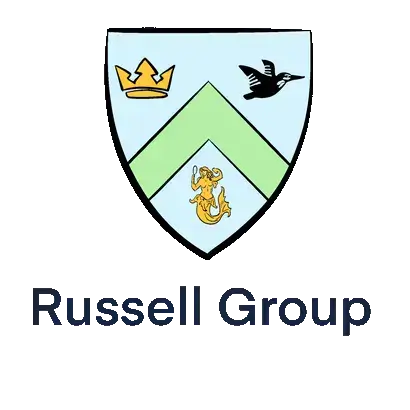What is the difference between GCSEs and IGCSEs?
Understanding the main differences between the General Certificate of Secondary Education (GCSE) and the International General Certificate of Secondary Education (IGCSE) is important. This article explores the key aspects of both types of qualification, which exam boards offer them, and what parents and students need to know about the course and final examination they are undertaking.
What is the International GCSE (IGCSE)?
The International General Certificate of Secondary Education (IGCSE) is a qualification for those who are normally aged between 14 and 16 and attending a secondary school either in England or another country. The IGCSE has a similar level of academic study to the GCSE, which may be more familiar to British students. However, many schools in this country are now using IGCSEs and GCSEs for their students, with various different examination boards being available.
How is funding different?
Whilst some state schools do offer IGCSEs, they are mostly offered by independent schools who can pass the cost of exam entry onto parents. For those resitting their Maths and English GCSEs, the IGCSE is not funded by the government, and so only GCSEs can be taken, although they are recognised as a qualification for those on foundation degree programmes.
What role do international schools play?
International schools often use IGCSE as the content is more geared towards a global student body. Schools which educate students who have moved from different countries and have different languages and levels of ability will find that the IGCSE better fits the needs of their pupils. For example, the dollar may be used as a standard unit of currency, more likely to be recognised by international students than the British Pound.
Understanding the specifications
The specifications for GCSE and IGCSE do vary, and it is very important to check the website of the examination board, and then find the specific qualification your child is being entered for. For example, some exam boards do offer both GCSEs and IGCSEs, and so understanding the texts, assessment objectives and topic areas of the qualification is crucial.
Exam boards and their influence
Several exam boards set and mark both GCSE and IGCSE exams, with both the structure and content of the courses being slightly different in each case. In the UK, there are different exam boards including AQA, Edexcel, and OCR which mostly offer GCSEs, following the UK curriculum and allowing schools to receive finding for exam entries. In addition, some of these exam boards will offer IGCSEs, typically branded under the international side of the board, like Cambridge Assessment International Education and Pearson Edexcel.










Start the discussion!